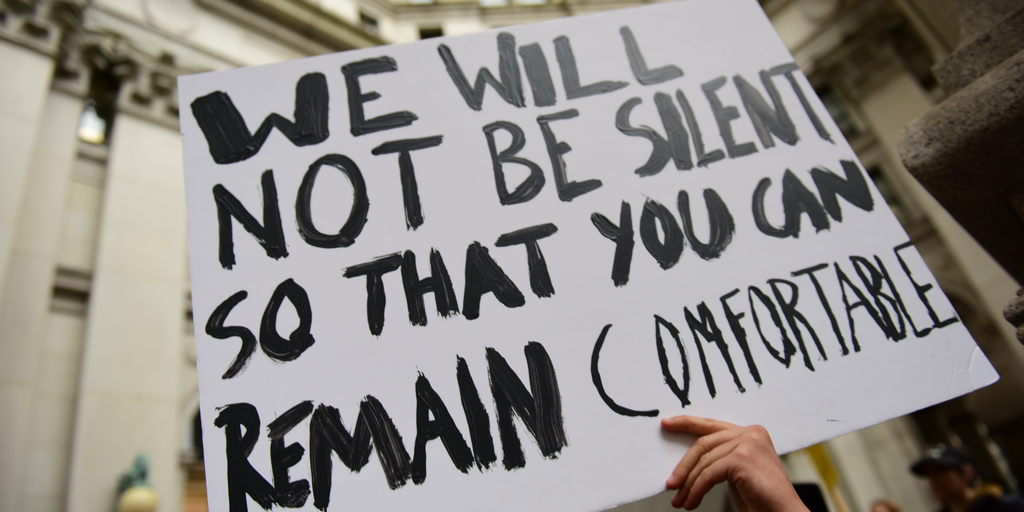Why Progressives Want to Revive Norms Against Blasphemy
Eric Posner has written a very nice post about a structure of argument that is becoming more prevalent today. Person X argues in favor of something—say the heritability of intelligence. Person Y responds not on the merits but by saying the subject is out of bounds. We could extend Eric’s list. Larry Summers was fired as President of Harvard in part because he entertained as a possible hypothesis that very high levels of scientific aptitude may not be equally distributed between men and women. Many of his critics complained that he had no business raising the hypothesis at all.
Eric, however, fails to note, however, that in every case he discusses the people doing the shushing are left-liberals and in most cases the argument attempted to be silenced is variation on the claim that nature imposes some constraints that either explain social ordering or helps sustain a flourishing society. The arguments suppressed are always conservative in a broad sense of that term.
Thus, this phenomena is a part of a more general one that I have noted before: many progressives are turning against free speech principles. To be sure, these attempts to fence off debate do not always ask the government should do the silencing, although progressive support for speech codes at public universities and prohibitions on hate speech favor coercion. Yet for much of history the progressive side has supported expression against their silencing by social norms as well as by the government. For progressives, open debate formed the battering ram against shibboleths obstructing social progress.
Why has progressivism changed its position on the role of open debate? First, progressivism is not as confident that the facts of the world will back up their policy prescriptions as they once were. In part, that is because their policy prescriptions have become more radical. The progressive view, for instance, was once that women should be able to go as far as their abilities and inclinations take them. Today for many progressives, there is something amiss with the world if we do not observe relatively equal proportions of men and women in physics departments at major universities. If you become less confident of the factual support for your ideas, you naturally want to hobble your opponents by fiat rather than reason.
Second, modern progressivism holds metaphysical beliefs, not unlike those of a religion, that are beyond factual dispute. No facts can be allowed to get in the way of whatever the diversity policies of the day mandate. Norms against blasphemy shut down debates about the God and His nature. Many modern progressives are opposed to religions in their traditional form, but modern progressivism is adopting the most traditional of religious moves—putting the sacred beyond question.

